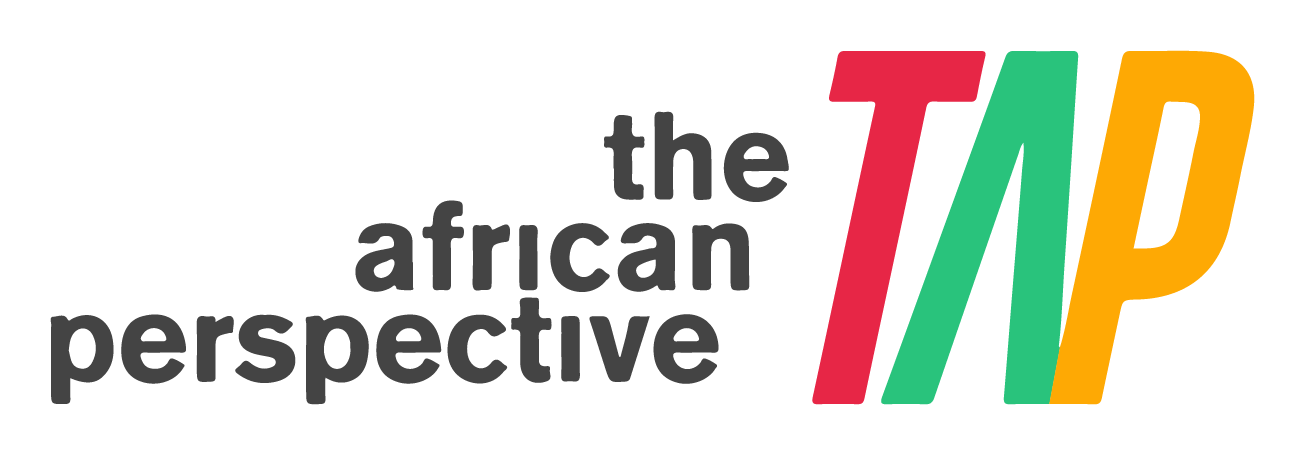Kenya Attacked; How Will You Respond This Time?
Then yesterday morning, I went online for my usual scroll on TAP, and saw the transcript of President Kenyatta’s address. I read it. I was, at first, deceivingly surprised: other than the East Afrikan pattern of wording, I could have mistaken it for an address by some American president. The emphasis on confrontation and retribution eclipsed the condolences, the empathy and compassion called for in these times. I expected something more inspirational and comforting from the father figure of the Kenyan nation.
Yet here we go again. The old fight between good and evil resurfaces once again. An eternal combat, because everyone and his enemy claim that his opponent is evil. Put things in perspective: the terrorist act is not the problem in and of itself. The attack is a symptom of their problem, their reaction to something – I have no idea what it is – they have against the political entity of Kenya, something that bothers them enough to perpetrate such a dreadful attack on innocent Kenyans. What that something is, I don’t know. Do you know? Let’s turn to Pres. Kenyatta for some light on this.
“The despicable perpetrators of this cowardly act hoped to intimidate, divide and cause despondency among Kenyans.” OK, why?“They would like us to retreat into a closed, fearful and fractured society where trust, unity and enterprise are difficult to muster.”Why? “An open and united country is a threat to evil doers everywhere.” Really? How? It’s counter-intuitive for me, and I have no clue what is meant by “open country”.
“We have overcome terrorist attacks before.” OK, and what have you learned from those incidents? “In fact, we have fought courageously and defeated them within and outside our borders.” And now they came back in, so what’s next? “We will defeat them again.” How? In a manner that will prevent any future attack?
“But let me make it clear. We shall hunt down the perpetrators wherever they run to. We shall get them. We shall punish them for this heinous crime.” And then what?
How do you expect to settle a problem without going to the root of it? Cut grass all you want, it will grow back if it still has roots.
I can’t begin to imagine how the relatives of those poor victims feel, but I’m guessing it won’t be helpful to have those losses be a part of a long ongoing violence. For the importance I give to everyone I know and cherish, I would prefer to know that my beloved perished as a martyr in the last act of violence than as a victim of a seemingly senseless cycle of violence. Mr president, that's how we should remember men and women like Mbugua. Settle this once and for all, too much innocent people perishing, too much black blood is running!
To be clear, I am not making a case for the terrorists. I find the use of violence as a political message very primitive and unjustifiable, but that does not stop the frail and fallacious logic from being popular, even among those with big guns and bombs. “If you don’t listen to me, you will hear a boom.”
What I am asking is: what is the point of applying tactics that proved their inefficiency at problem solving over and over again? Confronting, antagonizing, and, somewhere in the process, profiling, always leads to more problems without solving the original one. You kill terrorists, and then what? Will the Sun shine any brighter? Will the looming menace of other attacks of the kind, in Kenya or elsewhere, dissipate as they draw their last breath? What is the expected unfolding, if there is any?
My point is that we should try to find more thoughtful ways of resolving the conflict in which the most recent violence fit in. A refreshing approach is needed to insure safety and security, not more army, police, guns and other tools of doom. I think I am quoting Einstein when I say that you cannot resolve a problem with the same mind state that created it.
With that said, I would like to express my most heartfelt condolences to all those affected by this tragic event. This includes president Kenyatta who lost his nephew Mbugua in the senseless violence. The cost of the cycle of revenge is too high to bear. I would also like to thank, from a humanist perspective, all of those that helped in any way, whether by helping on site the authorities and health professionals or by being a comforting friend at a time when it is so needed. It is time to lead our world in a new way by showing humanity and progressing towards Afrikan unity.
More love and strength
I Lex
I Lex is a young Ras hailing from West Afrika and living in Ottawa, Canada, studying translation and linguistics because he “knows that the key to overstanding the trap lies in language”. I Lex is also the author of the “roots’ column on TAP MAGAZINE.
